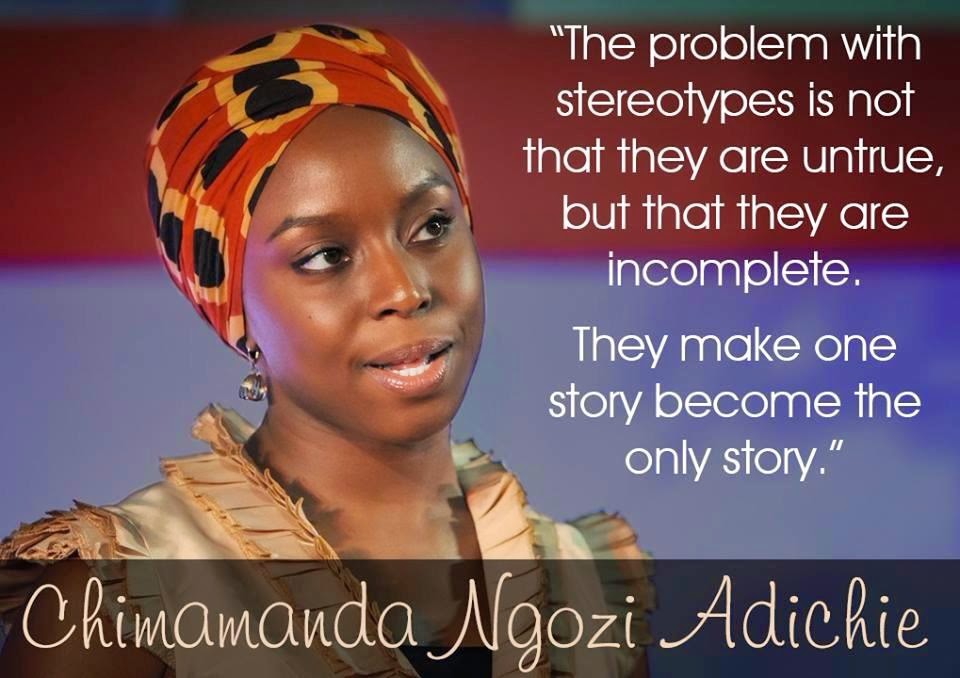I have two sons who are into a broad variety of things, including dolls, construction vehicles, dance parties, and reading. I don't have a daughter, so I can't speak to what she would be like, although I remember being a little girl who loved biology (National Geographic wildlife specials all the way), fat novels, playing in the woods, and riding bikes and playing Red Rover with the neighbourhood kids. Chances are you have a similar story. You loved Barbies, climbing trees, and those foam 3D puzzles of architecture. You loved the Hardy Boys, card games, and a stuffed frog you took to bed with you every night even when you were way too old for it. None of these things was cause for much comment. Now, I'm not saying there were no problems with the expectations on kids in the past, of course, but the truth is that the toy aisle has gotten more gender-segregated in the last few decades.
The thing is this: toy gender segregation is not about biblical manhood and womanhood. It's about money. Toymakers, broadly, don't give a plugged nickel whether their toys encourage girls to be nice, pretty, and domestic, and boys to be tough, athletic, and spatial.** They do, again broadly, care about their bottom line. If you can get siblings to play with different toys, because one of the siblings is a boy and two are girls, you've just sold that many more toys. If boys and girls can't play together in groups because boys and girls don't play the same group games, you've sold that many more toys. If, however, kids can happily play group games, pretend games, building toys, et al. in non-gender-specific ways, toymakers don't get to divide their markets into smaller, more lucrative categories.
Why get into a righteous froth on behalf of toymakers' moneymaking categories? I talked a bit in my last post about how most of the toy segregations don't make sense and are actually discouraging the kinds of things we want to see in godly men and women. Let's go over it one more time. If your little girl plays with dinosaurs, wonderful-- she's cultivating a sense of joy and wonder in God's creation. If your little boy plays dolls, wonderful-- he's practicing to be the kind of father who's there, one-on-one with his kids, teaching them the truth as they stand and sit and walk. If your daughter loves hockey, perfect-- she's set on a path for enjoying the physical form she's been given, stewarding her body and health well, and learning to cooperate with others. If your son is dazzled by ballet, perfect-- he's getting set to grow into a man who appreciates the beauty and creativity of art and enjoys God's gift of music and dance as ways to praise him and communicate with each other. None of these things conflict in any way with Biblical categories of manhood and womanhood expressed within marriages and churches. None of these things have the slightest thing to do with sexual orientation or transgenderism. It's a crying shame to see people-- parents, even!-- acting as if it's somehow bad to let kids freely roam the toy aisles without a big sign insisting that what they like is for the other gender. It is also startlingly illogical. Surely letting kids like what they like is doing the precise opposite of encouraging gender confusion, by telling our little girls and boys that there are many ways to be a girl and many ways to be a boy, and in all that beautiful diversity, there is no need for one to long to be something other than what she is, something other than what he is: a unique person who loves, say, science experiments, Lego Star Wars, and paper doll kits, and is just right exactly the way they are.
*People are using words like 'sissifying' and 'pussifying' to describe this move, because A) this has anything to do with anybody being tough? and B) thanks for showing clearly with your word choice that yes, people do still think that female=weak and useless, so we DO need to break down these gender stereotypes; sorry Matt Walsh, when you say "Nobody ever said that girls can’t be strong or boys can’t be gentle" your own crowd is right there giving you the lie...)
**Which, BTW, not Biblical criteria at all. That's just culture and tradition talking.
/cdn0.vox-cdn.com/uploads/chorus_asset/file/3700266/madmax2.jpg)
